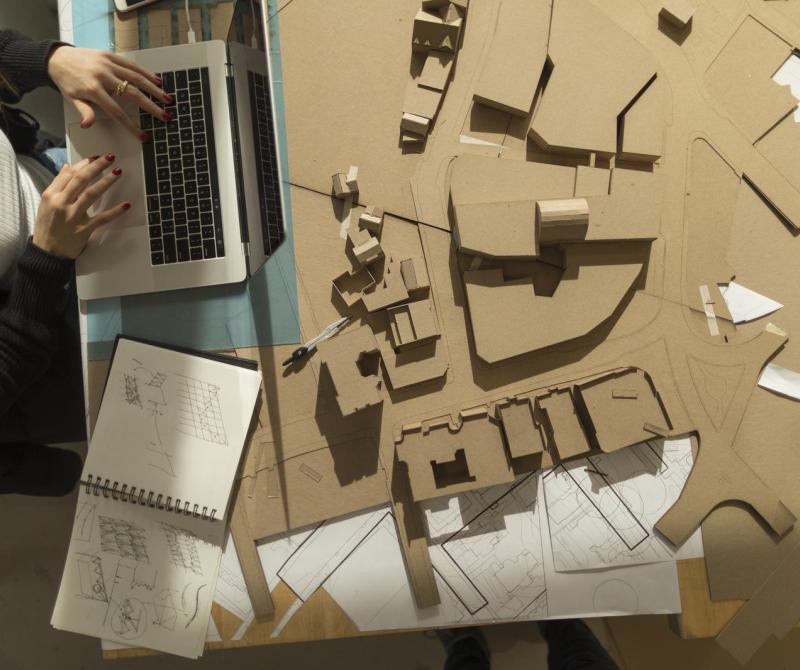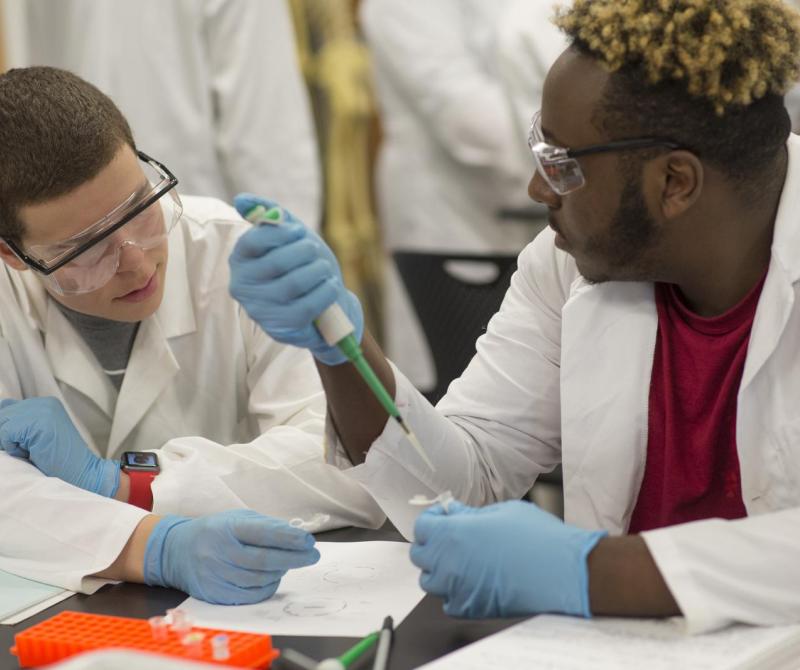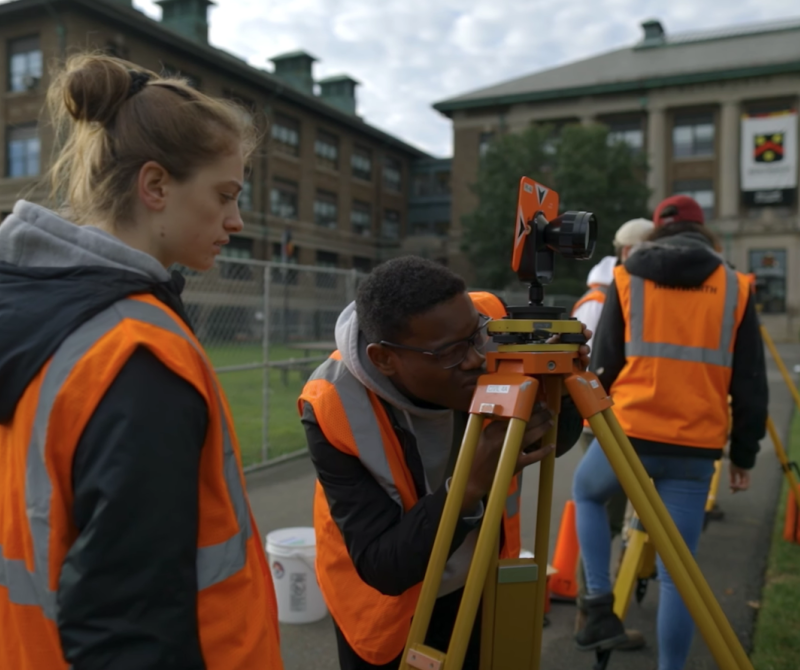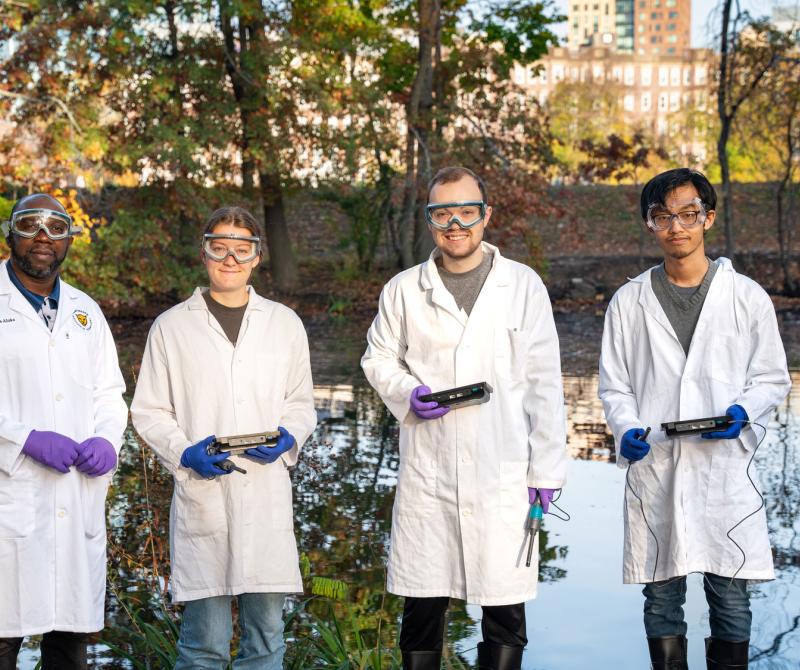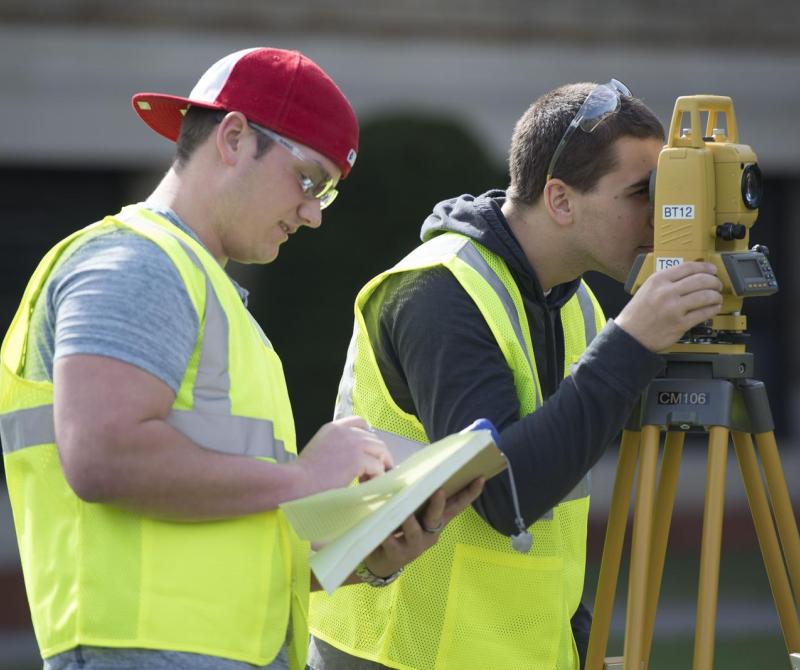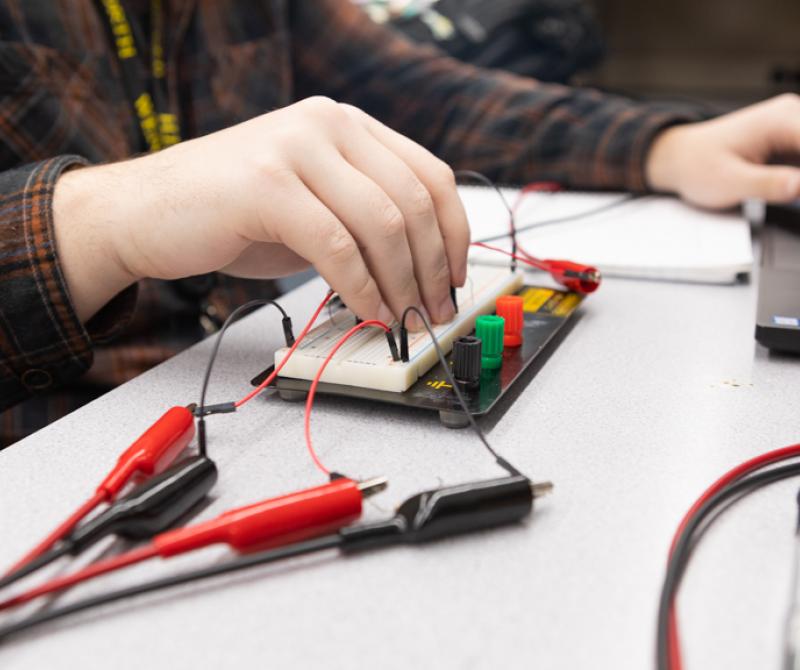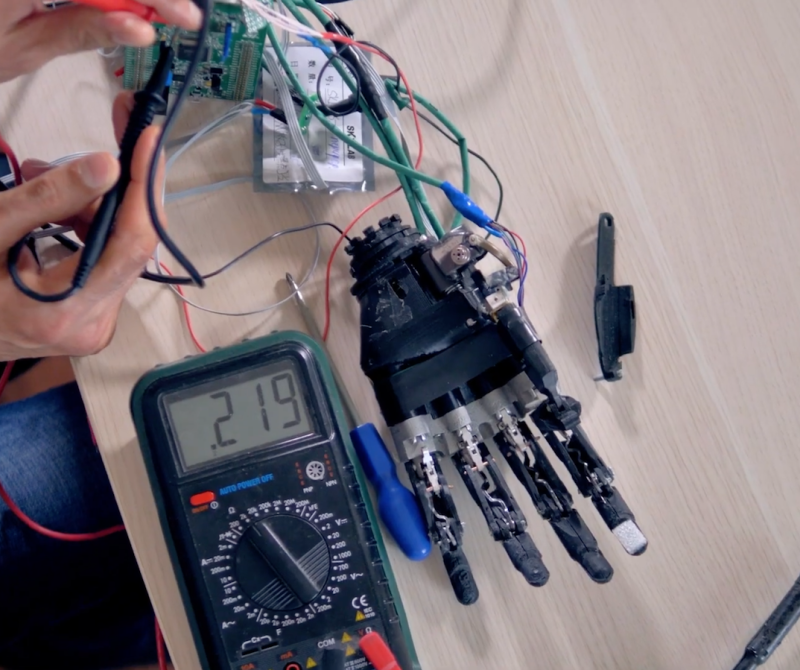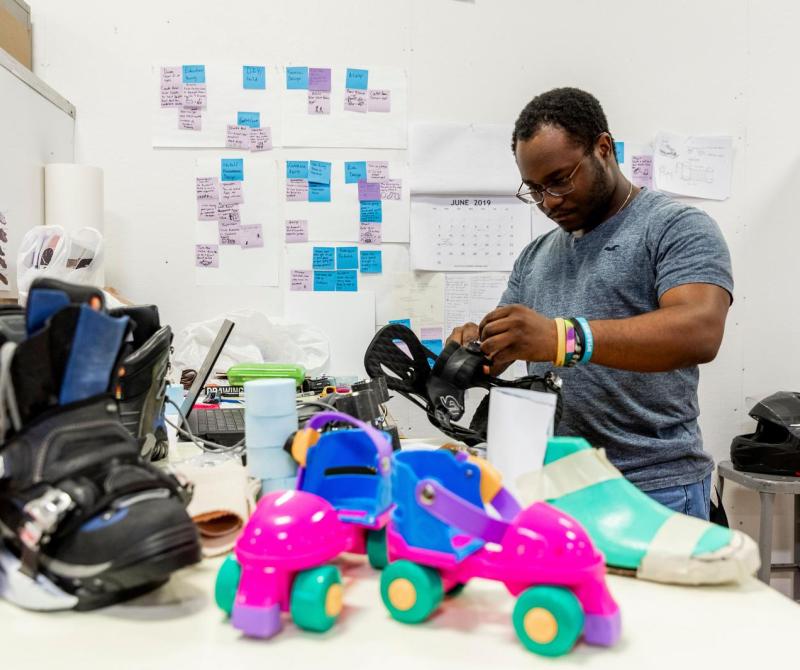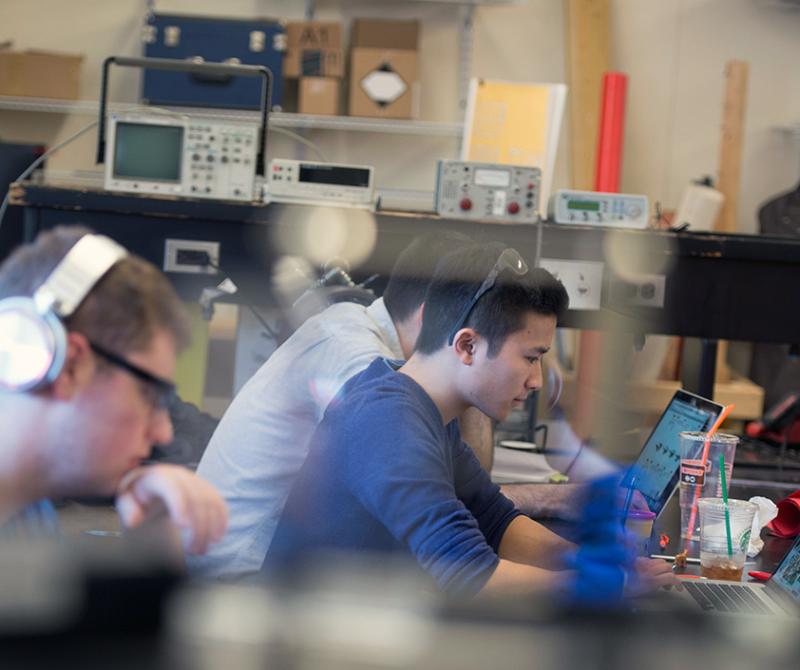Renewable Energy and Sustainability Majors
There are countless ways to work toward a safer, brighter, and healthier tomorrow.
Maybe you’ve heard about environmental studies, but have you thought about areas like architecture or civil engineering? Finding new, cleaner ways to build structures, create products, and transport goods will have a positive impact on the environment and transform the way we live our lives.
Restoring & Revitalizing Landscapes

Engineers play a pivotal role in restoring and revitalizing the environment by leveraging innovative technologies and sustainable practices. They assess ecological challenges like pollution, habitat degradation, and resource depletion then design and implement solutions tailored to the specific needs of the ecosystem.
Sustainability experts focus on techniques for soil remediation, utilize green infrastructure for stormwater management, and employ renewable energy systems to reduce carbon emissions. A multidisciplinary approach in collaboration with scientists and leaders in local communities is essential to ensure the effectiveness and feasibility of these solutions.
Biological engineers can also leverage biotechnology to develop biofuels and biomaterials as eco-friendly alternatives to conventional products. Through this hard work, engineers contribute to the protection and restoration of our planet's natural systems.
Building Renewable Energy Sources or Electric Vehicles

Through their expertise, electrical and electromechanical engineers drive the transition towards a cleaner and more sustainable energy future by innovating the systems that consume fuel and power our world.
Electrical engineers design and optimize systems for harnessing energy from sources like solar, wind, and hydroelectric power. Applying their knowledge of power output and electronics, they help bolster the efficiency of batteries, motors, chargers, and energy storage to maximize a system's potential.
Electromechanical engineers work in similar ways with an added focus on incorporating and optimizing the mechanical components of these systems. Through an interdisciplinary approach, these engineers utilize electrical and mechanical principles to contribute to the design and implementation of wind turbines, hydroelectrical generators, and solar panels. These concepts are also applied to the development of electric vehicles where they can enhance the performance, efficiency, and durability of EVs and make adoption of these technologies more attractive for consumers.
Designing Sustainable Structures That Last

The future of building incorporates cutting-edge sustainability techniques to guide the design and implementation of cost-efficient and environmentally conscious structures.
Architects design sustainable structures by integrating principles of environmental responsibility, energy efficiency, and resource conservation into their design processes. They maximize natural light, ventilation, and solar gain, reducing the need for artificial heating and cooling. They also utilize systems and technologies that reduce the energy impact across all aspects of a structure: sustainable materials, high-performance insulation, water efficiency, and natural power generation are just a few examples.
Construction management professionals implement these designs throughout the construction process. This includes sourcing local, eco-friendly materials, optimizing construction methods to minimize waste and energy consumption, and adhering to green building standards and certifications. They also install energy-efficient systems and technologies, such as efficient lighting and water-saving fixtures. Construction management professionals play a crucial role in realizing the vision of sustainable structures.
Reducing Pollution and Waste

Engineers and designers play vital roles in mitigating pollution and waste, contributing to a cleaner and more sustainable environment.
Civil engineers and mechanical engineers collaborate to reduce pollution and waste through various strategies tailored to their respective fields. Civil engineers focus on infrastructure and urban planning solutions, such as designing efficient public transportation systems to reduce reliance on individual vehicles, implementing green stormwater management techniques to prevent runoff pollution, and constructing sustainable wastewater treatment facilities. Mechanical engineers develop energy-efficient machinery and systems to minimize resource consumption and emissions.
Industrial designers focus on product design, materials selection, and manufacturing processes. Using sustainable materials and designing products with longevity and recyclability in mind, they can help minimize the environmental impact throughout the product's lifecycle. Efficient manufacturing processes can also reduce waste generation and energy consumption.

